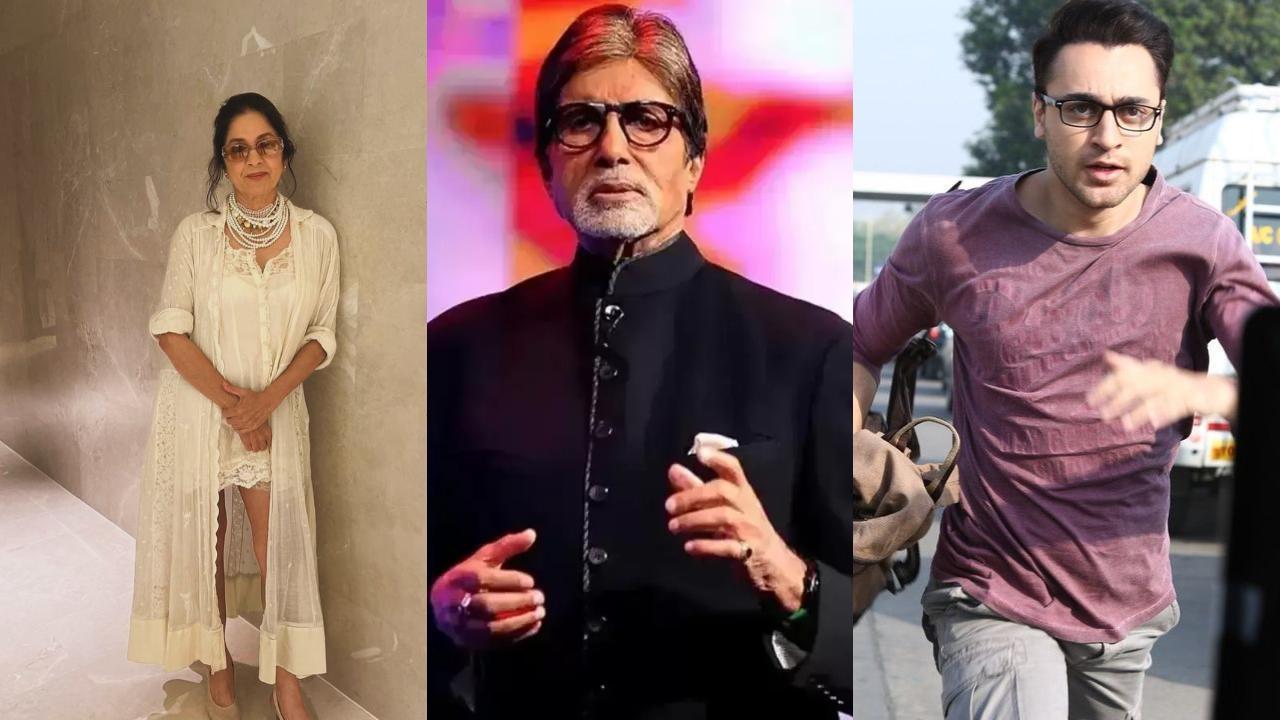
In the latest installment of the webcast “What The Hell Navya 2,” with the episode titled ‘Macho Myths and Modern Men,’ viewers witnessed a candid conversation that stirred both intrigue and debate. The talk-show host, Navya Naveli Nanda, engaged with her renowned family members – mother Shweta Bachchan, brother Agastya, and veteran actress and grandmother Jaya Bachchan – as they dissected the nuances of chivalry, independence, and gender roles in contemporary society.
The discussion, which transpired on a Thursday, took an unexpected turn when Jaya Bachchan offered her frank opinion on the evolving dynamics of dating rituals, particularly women’s choices to pay for their meals. Navya brought attention to a phenomenon influenced by the growing sense of feminism and empowerment, pointing out a shift towards independence as manifested in women’s preference to settle their own bills on dates.
However, what followed was a controversial remark from Jaya Bachchan that branded these women’s actions as ‘stupid.’ Navya had observed, “For example, today, if you take a girl out on a date and you offer to pay, some people get offended by that. Because women now feel they’re equally…” before she could conclude her thought, Jaya interjected sharply, “How stupid of those women. You should let the men pay.”
The discussion continued with Navya posing the broader question of boundaries within modern courtship and chivalry. “No, but I’m saying these are things that happen. That ‘Oh we can open the door for ourselves. You don’t need to open it for us.’ So, where do you draw that line? Are you opening doors for people? Have you ever been in a situation where you’ve been chivalrous but a woman has said, I can do that myself?” To which, Jaya Bachchan responded with emphasis, insisting on the foolishness of rejecting chivalrous gestures.
Agastya, the younger voice in the conversation, attempted to provide clarity on the matter. He elucidated the distinction between chivalry and toxic masculinity, advocating for polite and considerate behavior irrespective of gendered expectations. “As long as you’re doing it to be polite, and not to show ‘I’m the man,’ you can’t go wrong. If you’re opening the door, not because ‘I’m the one opening the door,’ but because ‘I want to help you,’ it’s never gonna come across the wrong way,” he said. Agastya further added on the topic of paying for meals by highlighting the purity of intention behind the act, rather than it being a display of dominance.
Jaya Bachchan’s commentary has touched upon sensitive chords in the ongoing discourse on feminism and chivalry. The debate beckons us to reflect on whether traditional gestures of courtesy are at odds with the modern woman’s assertion of independence or whether there can be a harmonious balance between the two. Furthermore, it nudfges us to consider the impetus behind our actions, whether it’s opening doors or picking up the tab, and challenges us to introspect about the perceptions and implications tied to these social interactions.
This episode of “What The Hell Navya 2” does more than just entertain; it sparks a crucial conversation on gender roles and societal expectations, urging us to weigh in on what constitutes respect, kindness, and intelligence in a rapidly changing world. As we evolve and redefine our values, these discussions help shape a society that respects both tradition and progress, mindfulness and autonomy.










